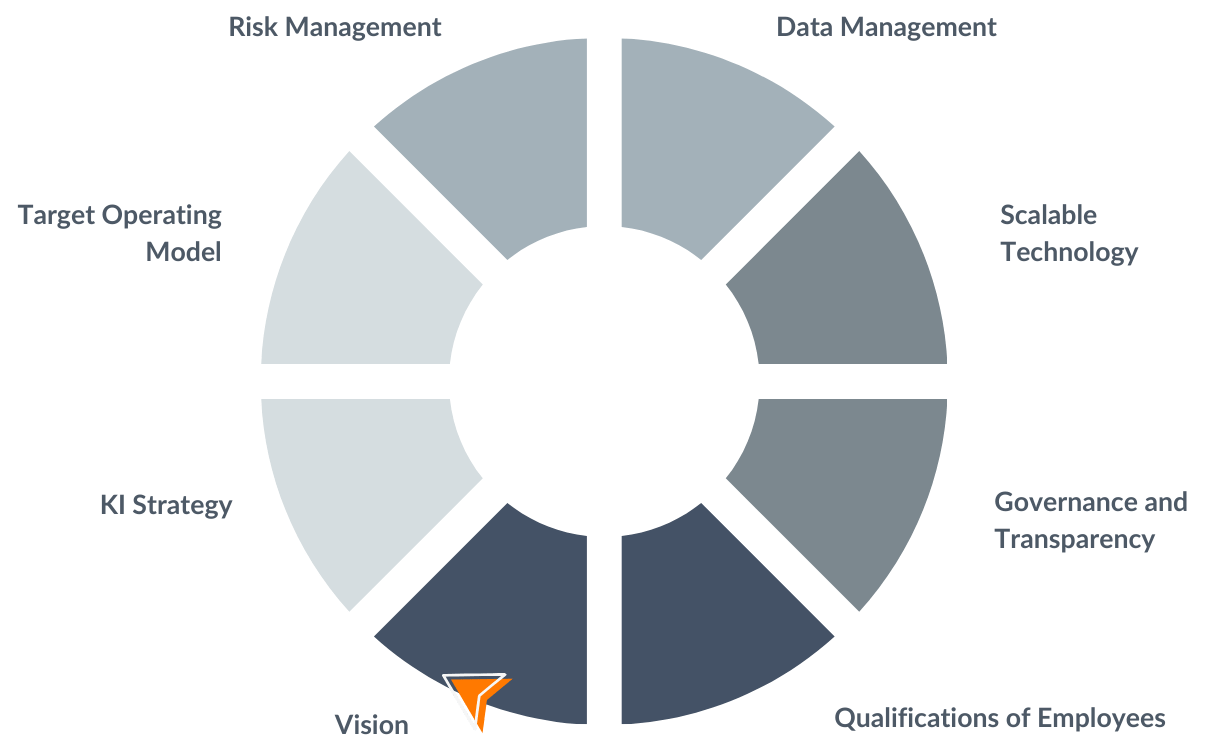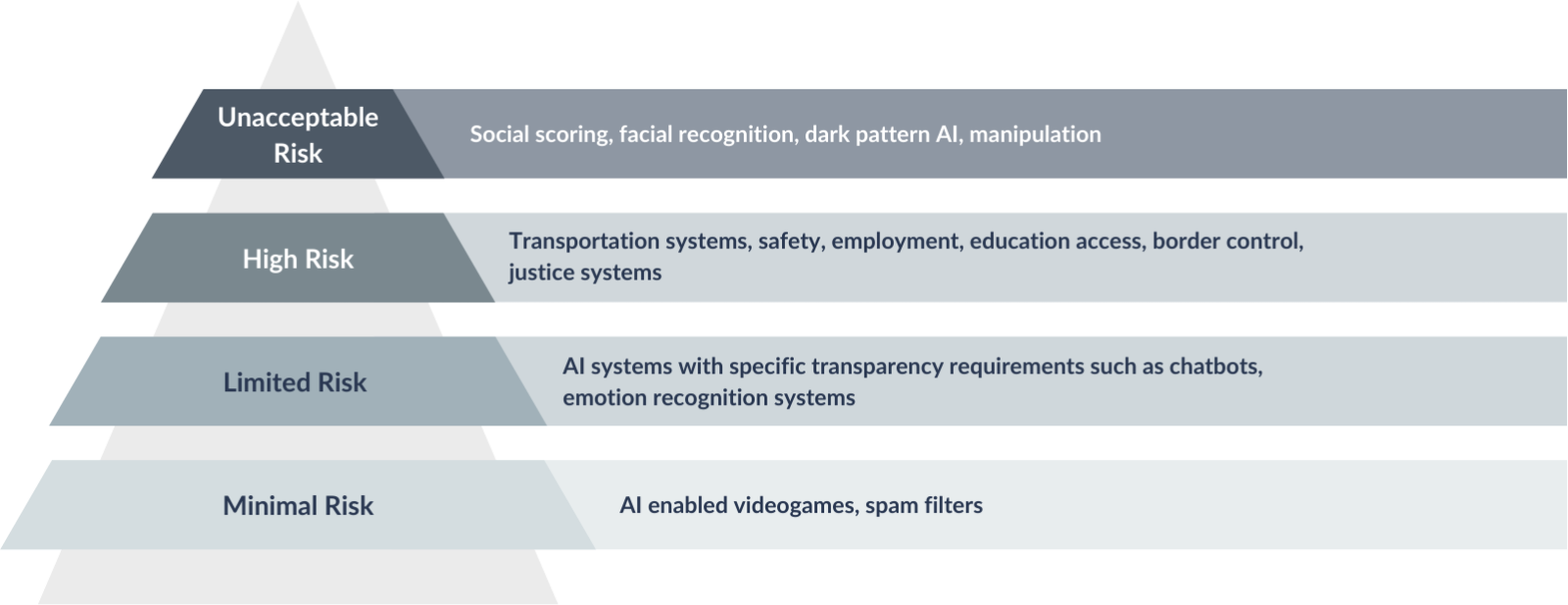New Regulations for the Use of Artificial Intelligence
As of February 2, 2025, binding regulations for the use of artificial intelligence (AI) apply across the European Union. With the EU AI Act, a comprehensive regulatory framework has been established for the first time, providing clear guidelines for the safe, transparent, and ethically responsible use of AI. The goal is to strengthen trust in AI technologies and create a unified standard for their application.
To comply with the new legal requirements and secure long-term competitive advantages, businesses should take proactive steps now:
- Risk Assessment & Compliance: Identifying and managing AI-related risks to ensure regulatory conformity.
- Employee Training: Raising awareness and providing education for the safe and legally compliant use of AI.
We support your company in efficiently implementing these new regulations and leveraging AI as a strategic success factor.










